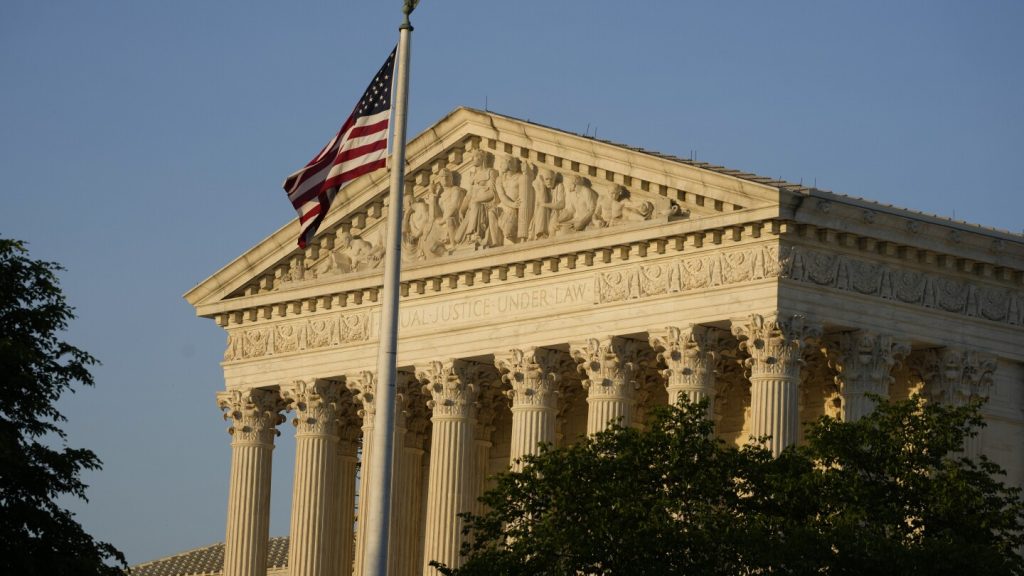The Supreme Court is set to hear arguments in a case that will determine whether doctors can provide abortions to pregnant women with medical emergencies in states that enact abortion bans. The Justice Department has sued Idaho over its law that allows abortion only when the woman’s life, not her health, is at risk. This has raised questions about when doctors can provide stabilizing treatment as required by the federal law known as the Emergency Medical Treatment and Active Labor Act (EMTALA). EMTALA requires emergency rooms to stabilize or treat any patient that shows up at their facility.
The EMTALA law was created in response to a situation in Chicago in the early 1980s where patients, many of them Black or Latino, were being turned away by private hospitals and arriving in very bad condition at public hospitals. Media reports highlighted cases where patients were denied care due to lack of insurance, leading to public pressure on politicians to act. Congress passed the EMTALA law in 1986 to ensure that all patients, regardless of their ability to pay, have access to quality healthcare at emergency rooms.
If a hospital violates EMTALA and turns away a patient in need of emergency care, they face an investigation by the Centers for Medicare and Medicaid Services, and can lose their Medicare funding which is crucial for most hospitals to operate. The federal government can also issue fines to hospitals that violate the law. President Joe Biden has reiterated that his administration considers abortion as part of the stabilizing care that EMTALA requires hospitals to provide. This has led to a legal challenge in Idaho where the state’s law prevents ER doctors from offering abortions in medical emergencies.
Anti-abortion advocates argue that state laws banning abortion can coexist with EMTALA, as they believe pregnant women can still receive emergency care under pro-life laws. However, doctors have raised concerns about the impact of Idaho’s law, which could force them to withhold proper treatment from patients. Other states allow abortions to save the health of the mother, but if the Supreme Court rules in Idaho’s favor, it could set a precedent for other states to pass restrictions without that exemption. Advocates for abortion rights and medical professionals argue that Idaho’s law puts pregnant patients at risk by limiting their access to necessary medical care in emergencies.


